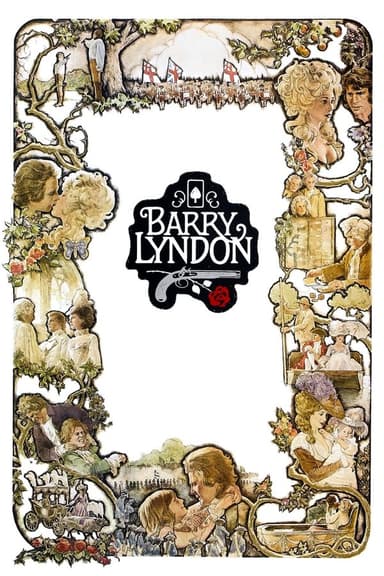
Savages
2012 • Crime, Drama, Thriller • R
Pot growers Ben and Chon face off against the Mexican drug cartel who kidnapped their shared girlfriend.
Runtime: 2h 11m
Why you should read the novel
Don Winslow’s novel Savages offers a reading experience far richer and more visceral than the movie adaptation. The book brings the Southern California drug scene to life with a propulsive, poetic narrative style unique to Winslow’s storytelling. Readers get inside the heads of the main characters, Ben, Chon, and O, delving deep into their hopes, fears, and the complexities of their relationships in a way film simply can’t match.
Winslow’s prose is electric—rapid-fire, razor-sharp, and laced with dark humor—making every page crackle with tension and authenticity. Through short chapters and shifting perspectives, you feel the adrenaline, chaos, and emotional stakes firsthand, creating a more immersive, intense experience than what cinematic visuals alone can convey.
By reading Savages, you gain access to subplots, inner monologues, and insights cut from the film, as well as a more nuanced exploration of themes like loyalty, violence, and moral ambiguity. The novel pushes boundaries and offers complexity, making it a must for anyone seeking a more complete and rewarding journey into Winslow’s dangerous, seductive world.
Adaptation differences
One of the main differences between the movie Savages and its source novel lies in the narrative tone and structure. Don Winslow’s book employs a nonlinear, fragmented prose style, using very short, punchy chapters and interwoven perspectives. The film, directed by Oliver Stone, translates some of this with frenetic editing but generally follows a more conventional, chronological narrative, losing some of the book’s stylistic edge.
Characterization is also distinctively deeper in the novel. While the film captures the main personalities of Ben, Chon, and O, the book gives readers a far more intricate look at their backstories, motives, and the psychological dynamics in their polyamorous relationship. Minor characters and subplots, such as side-deals with cartel members, DEA involvement, and the protagonists’ differing philosophies toward violence, receive greater attention and nuance in the text.
The movie adapts the core plot but modifies significant elements for cinematic impact. Notably, the film provides an ambiguous “double ending,” teasing a tragic outcome before revealing a more conventional, hopeful resolution. In contrast, the book delivers a darker, more definitive conclusion with less room for interpretation, underscoring the bleak realities of the drug world Winslow depicts.
Additionally, the novel’s dialogue is often more profane, sardonic, and direct, pushing the envelope in ways Hollywood sometimes shies away from. Major scenes are altered or omitted; some characters are combined or dramatically changed for storytelling economy. Ultimately, the adaptation tones down or changes several of the book’s most uncompromising elements to better fit mainstream film expectations.
Savages inspired from
Savages
by Don Winslow








